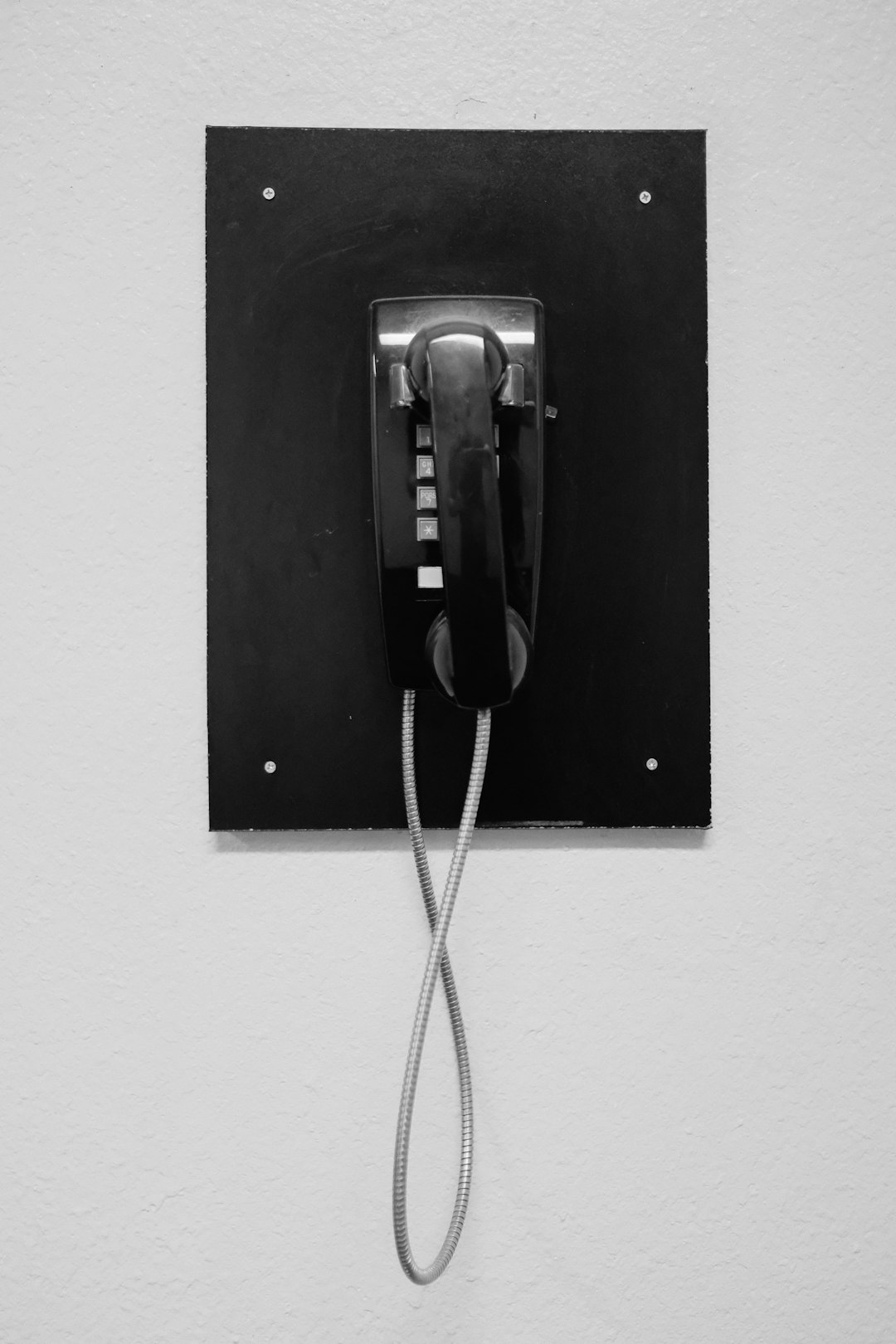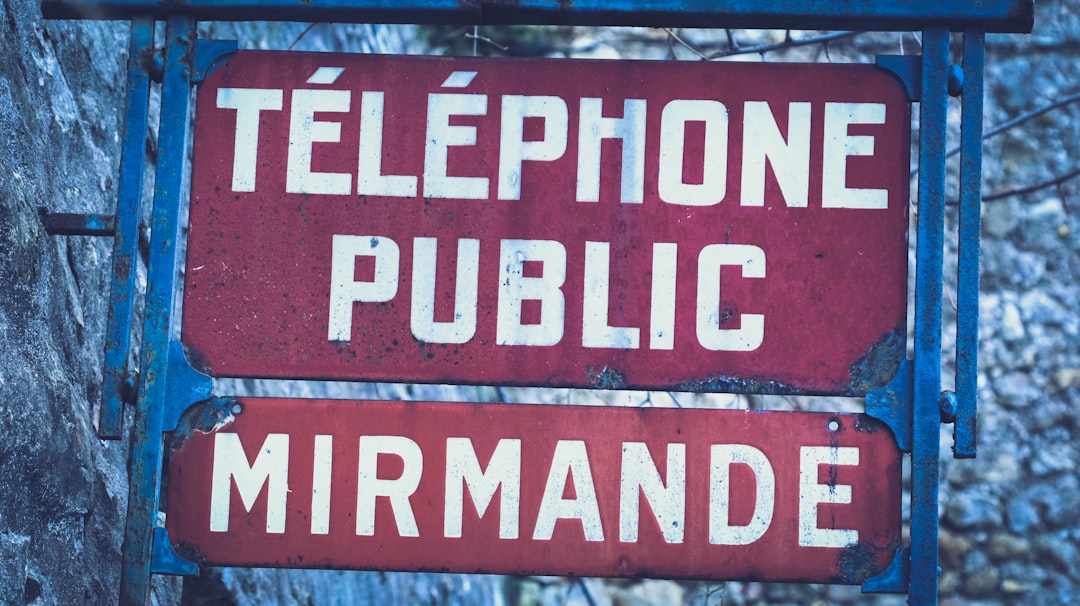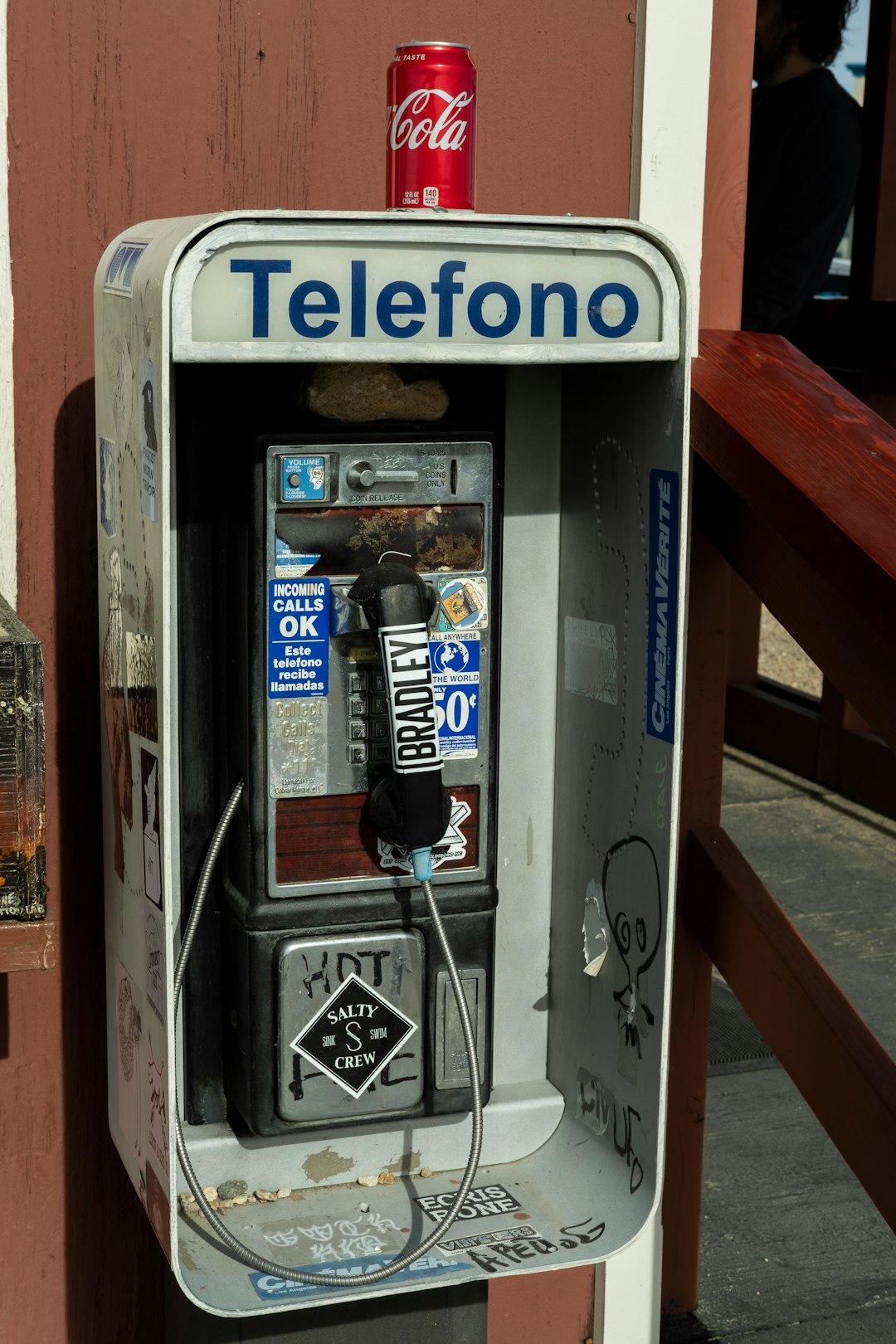In Montana, robust debt collection laws protect both debtors and creditors by regulating communication tactics, ensuring fair judgment processes, and providing transparency. Debt collectors must follow strict guidelines, including avoiding harassment and misrepresentations, while debtors have rights to challenge debts and appeal judgments within set timelines. These laws maintain a balanced approach to debt collection, upholding fairness and legal integrity.
“Navigating Montana’s Debt Collection Laws: A Comprehensive Guide to Judgment Enforcement. In the world of debt collection, understanding your rights and the legal process is paramount. This article delves into the intricate details of debt collection practices in Montana, focusing on judgment enforcement. From the moment a judgment is rendered, debtors are armed with specific rights and protections. Additionally, we explore strategies for challenging or appealing these judgments, providing insights to empower individuals facing debt collector actions.”
Understanding Debt Collection Laws in Montana

In Montana, debt collection practices are governed by a series of laws designed to protect both debtors and creditors. Understanding these regulations is crucial for anyone involved in debt collection or facing judgment enforcement. The state has specific rules regarding the behavior of debt collectors, including restrictions on communication methods and the tactics they can use to recover debts. For instance, Montana law limits the number of times a debt collector can contact a debtor by phone or in person, ensuring debtors’ rights to privacy and peace of mind.
Debt collection laws in Montana also outline the process for obtaining judgments and enforcing them. Creditors must follow strict procedures to ensure their claims are valid and enforceable. This includes providing proper notice to debtors and allowing them the opportunity to dispute the debt. Once a judgment is obtained, creditors have certain rights to collect, such as garnishing wages or attaching assets, but they must adhere to Montana’s guidelines for fair and legal collection practices.
The Process of Judgment Enforcement

In Montana, the process of judgment enforcement by debt collectors is governed by state laws and procedures. When a debt remains unpaid, the creditor or collection agency can file a motion with the court to enforce the judgment. This typically involves serving a summons and complaint on the debtor, providing them with an opportunity to respond. If the debtor fails to defend themselves within the specified timeframe, the court may enter a default judgment in favor of the creditor.
Once a judgment is obtained, debt collectors can take several steps to recover the debt. They may place a lien on the debtor’s property, garnish wages, or seize assets. Debt collector laws in Montana outline the rights and responsibilities of both parties involved. It’s crucial for debtors to understand their options, such as challenging the judgment or negotiating a repayment plan, while creditors must adhere to fair collection practices, ensuring transparency and avoiding abusive tactics.
Rights and Protections for Debtors in Montana

In Montana, debtors enjoy several rights and protections under the state’s debt collection laws. When a debt collector attempts to enforce a judgment, they must adhere to strict guidelines that ensure fairness for the debtor. According to Montana law, debt collectors are prohibited from using abusive, unfair, or deceptive practices when contacting debtors. This includes making harassing phone calls, threatening legal action without intent to follow through, and misrepresenting the nature of the debt.
Debtors also have the right to challenge the validity of the debt and request verification of the judgment. Montana’s laws mandate that debt collectors provide written notice detailing the amount owed, the name of the original creditor, and a description of the debt. This ensures transparency and gives debtors the opportunity to dispute any inaccuracies or errors in the judgment enforcement process.
Strategies to Challenge or Appeal a Judgment

When faced with a debt collection judgment in Montana, individuals have options to challenge or appeal the decision. The first step is to understand the process and timelines involved. According to Montana’s debt collector laws, debtors are entitled to contest the validity of the debt or the amount sought by the collector. This can be done through various means, such as requesting verification of the debt or submitting written objections within a specified time frame.
To successfully challenge a judgment, gather supporting documents and legal advice is crucial. Evidence that the debt is inaccurate, disputed, or already paid can be powerful tools in an appeal. Consulting with a legal professional familiar with Montana’s debt collection laws can significantly enhance the chances of navigating this process effectively.






